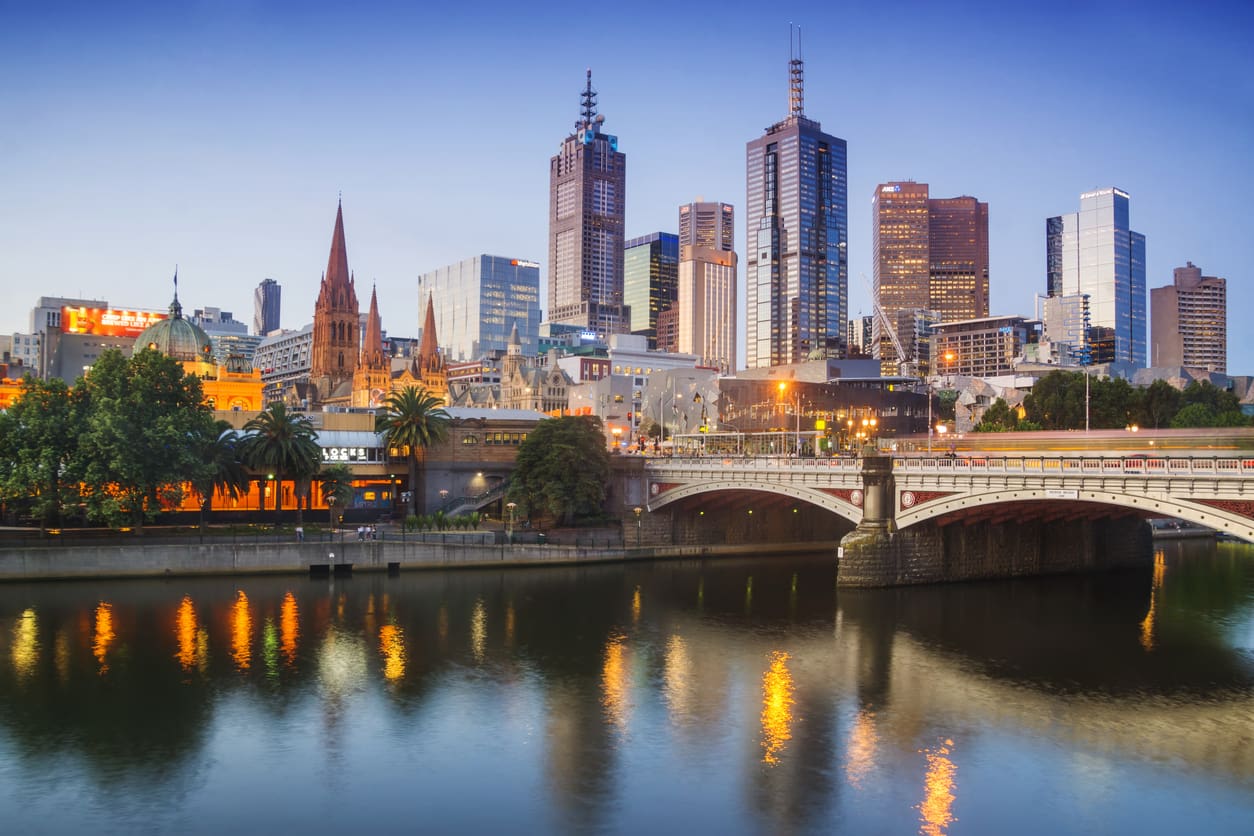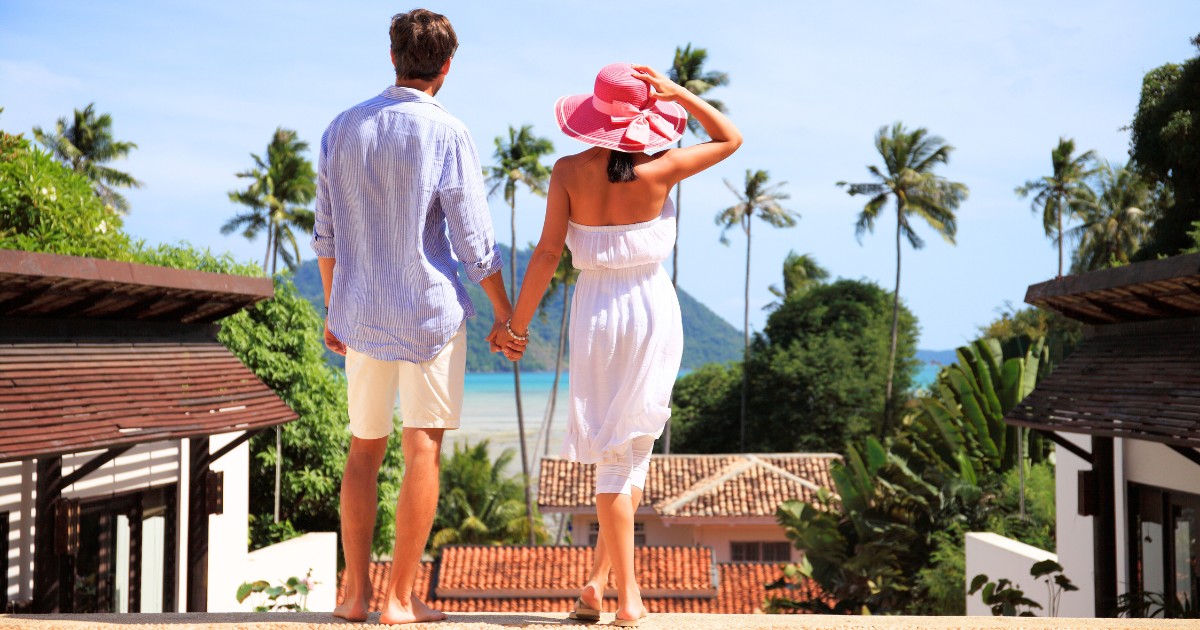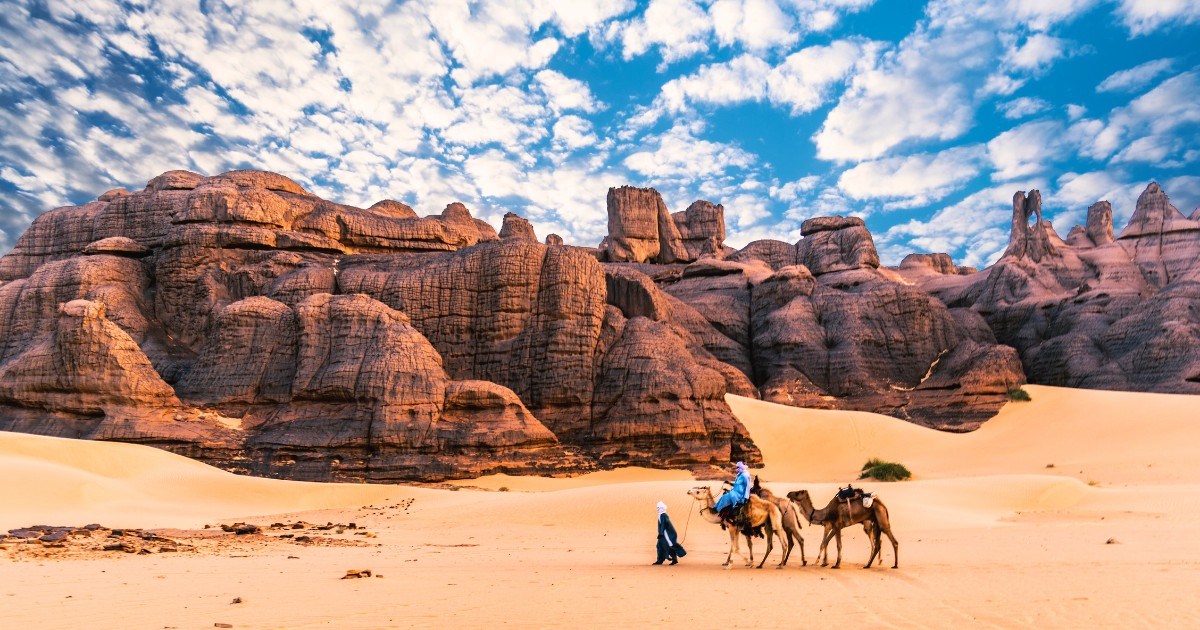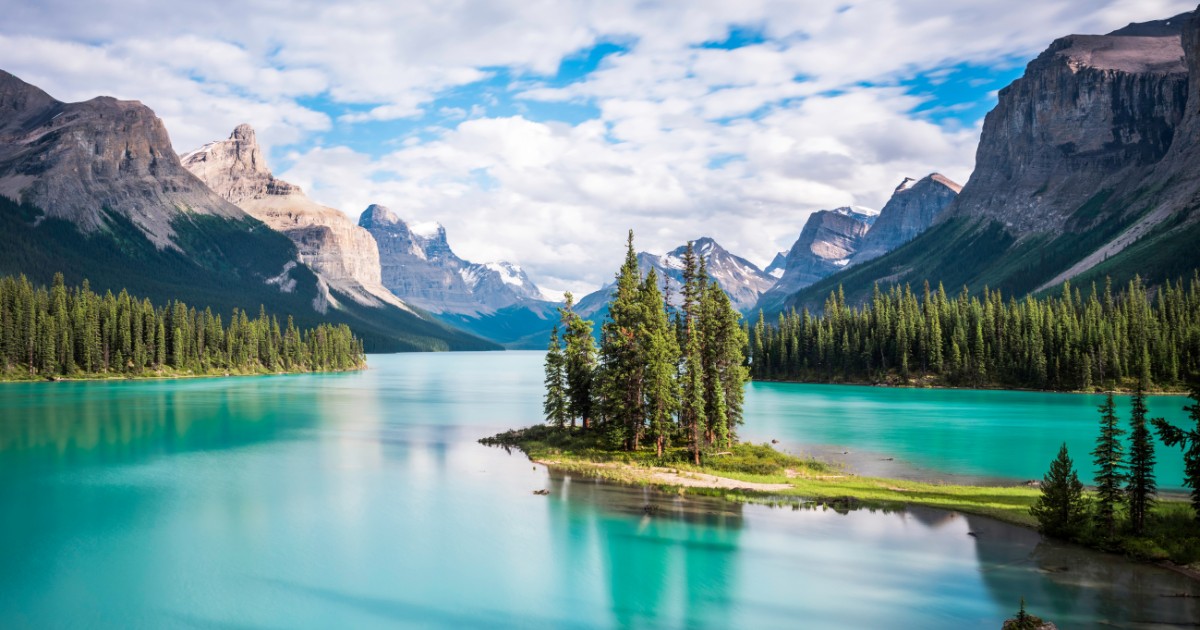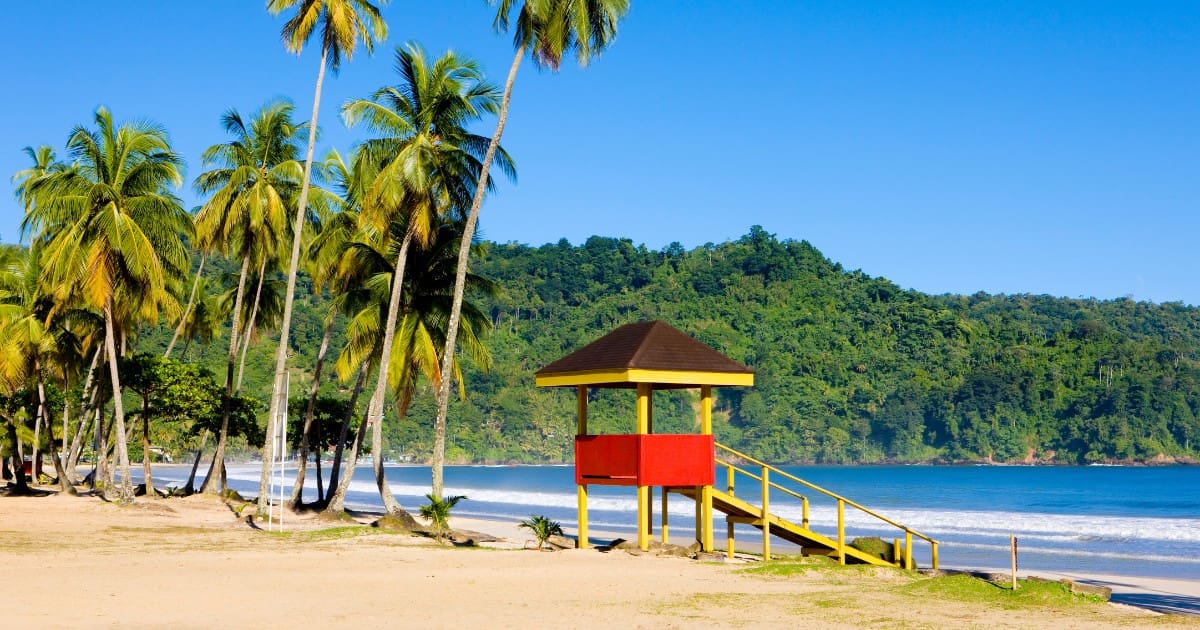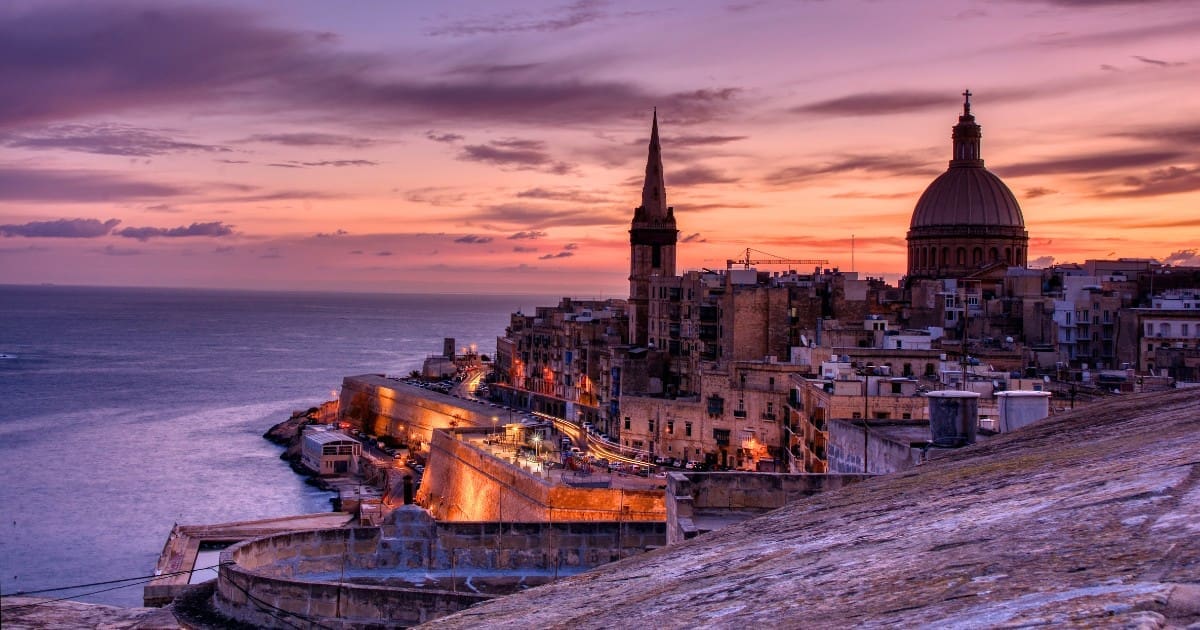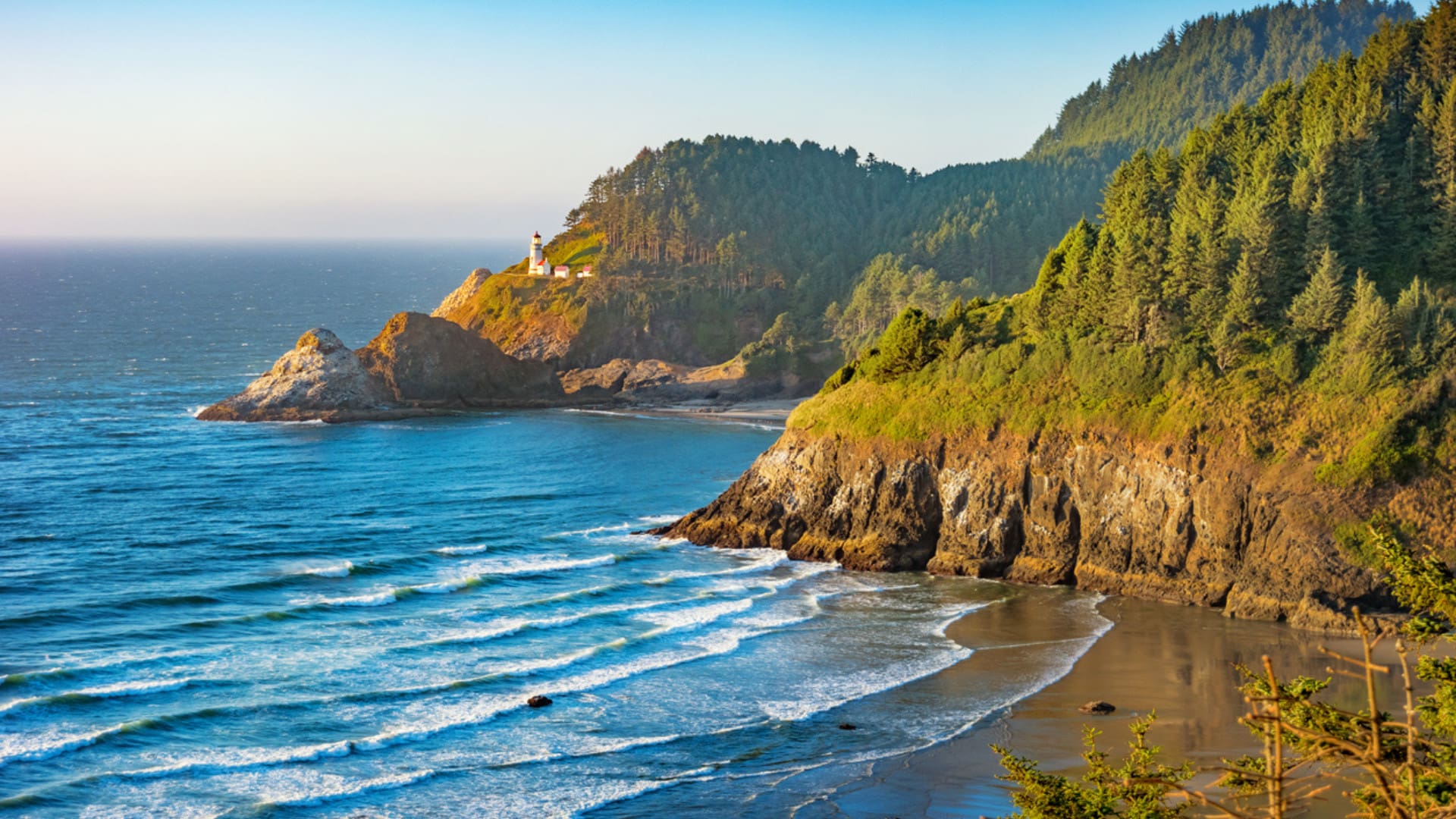
Claiming the title of The Most Livable City in the World for seven consecutive years (2010-2017 by the Economist Intelligence Unit), there’s a reason thousands of students and travelers flock like magpies to make this place home every year. But what does it practically take to transition your life from abroad and become an expat in Australia? While throwing all cares to the wind and starting a new identity is an appealing idea to many, it also comes with logistical challenges when moving to a country as remote as Australia. Throw in trying to adapt to a different culture, (even though Westernized), and you’ll find yourself on the confused end of understanding what ‘sweet as’ means (sweet as… what?!)
If you decide to move to Melbourne and embrace expat life in Australia, it’s important to gather as much information beforehand so you can walk through customs laughing as confidently as a Kookaburra bird (look it up). You’ll easily find stock standard articles about Melbourne’s unpredictable weather, how St. Kilda isn’t really a beach, and endless discussions on the city’s unique coffee culture (there are over 10,000 cafes in Melbourne ALONE). But what about the less obvious aspects or the questions that are harder to answer (like, I don’t know… where to look for jobs)? As the Aussies say, “No worries.” We’ve got you covered.
Top Things to Know Before Becoming an Expat in Australia (Melbourne Style)
Jora, Seek, and Facebook Groups: Finding Work
Finding a job as an expat in Australia is different than in the U.S. We’ll get to that in a minute, though. Websites like Jora and Seek are similar to Indeed and great resources for job hunting if you’re looking for more white-collar jobs. Having said that, if you initially come to Australia on a Work and Holiday Visa (which most travelers do, between ages 18-30), you’ll find it nearly impossible to get work in an office because the visa only allows you to work and live in Australia for 12 months, three of which you may need to do farm work to secure a second-year WHV. As well, you’re only able to work 6 consecutive months for the same person.
This leaves hospitality work as your best bet, which is a massive industry, especially in Melbourne. Facebook Groups like Melbourne Barista Union and The Melbourne Bartender Exchange are invaluable. The ‘gig economy’ has exploded in the last 10 years where organizations like Supp offer single shifts where you’re the rockstar for saving the day because someone called out sick or they need extra staff for a holiday. No resume is needed! The catch is you need to be confident and know what you’re doing as there’s a review system. Just snag an ABN to work as a contractor (it’s free!), and you’re ‘sweet as’.
For farm work, which is crucial for extending your visa, the Backpacker Job Board is the go-to site. Remember, Americans need to complete farm work above the Tropic of Capricorn Line for it to count towards a second-year visa. This geographic requirement means jobs in the Northern Territory and Queensland, not Victoria, are essential. You’ll typically have the option to pick or pack fruit, but you always want to find a place that pays hourly, not by weight! Keeping all that in mind, you’ll lock in work in Australia in no time and find that perfect work-life balance Australians are known for.
Best Banking Options

If you move to Australia as an expat, then choosing the right bank for you will be one of the first things to tackle. The currency is the Australian Dollar (AUD). The high cost of living is generally counteracted by the higher wages, typically sitting around $26-$30 for weekday hospitality work and $32-$40 on weekends. There are four major banks in AU: Commonwealth Bank of Australia (CBA), Westpac, National Australia Bank (NAB), and Australia and New Zealand Banking Group (ANZ). Commonwealth Bank offers traditional banking services with same-day deposits and transfers, making it a popular choice. However, if you prefer a bank that supports sustainable initiatives, Up Bank is ideal. Up Bank, with its trendy neon vibe, is an entirely virtual banking experience, offering zero international transaction fees, multiple savings accounts, and a bonus interest rate on savings (up to 4.35%). They also have 2Up which is a joint account if you’re traveling with a friend or partner, making them a favorite amongst travelers.
Healthcare and Public Transport

Australia’s healthcare system is excellent, even for expats without a Reciprocal Agreement (The U.S. doesn’t have an agreement with AU, so you will need to buy your own health insurance as a requirement of your visa). General practitioner visits range from $70 to $90, and prescriptions are significantly cheaper than in the U.S. For emergency visits, the cost is around $500. Private health insurance options are plentiful and reasonably priced, but Bupa’s overseas visitor cover is a solid choice.
Melbourne’s public transport system is efficient and revered worldwide, with trains, trams, and buses operating reliably. You’ll need a Myki card to utilize the system which can be a physical card that you can reload at various service stations or tram stops. Otherwise, you can top-up directly on your Google Pay app which ensures you’ll never lose it (unless your phone dies… bad luck). You can load a daily, weekly, or yearly pass on it. Unfortunately, there isn’t a train that runs from the airport like Sydney has, but there is something called the Sky Bus which takes you directly to Southern Cross Station.
If you’re keen to explore more of Australia before immediately settling down, you’ll need to obtain an Australian driver’s license through VicRoads. If you have a U.S. driver’s license, you won’t need to retake any tests, you’ll just need to swap over your license and pay the fee! We strongly suggest you learn some road rules as driving on the opposite side of the car on the opposite side of the road can prove challenging, especially when you come up to a roundabout or a notoriously tricky ‘hook turn’,
See Australia Through Workaway and Trusted Housesitters
For expats looking to travel within Australia, Workaway and Trusted Housesitters give you the freedom to cut accommodation costs out completely and have some truly incredible experiences. These platforms allow you to live rent-free in exchange for work or pet-sitting. Trusted House sitters offers various membership tiers, providing access to global opportunities. Similarly, Workaway connects you with hosts needing help in exchange for room and board. You could be helping out at a local Aboriginal community one week and working at a koala or kangaroo rescue center the next, giving you insights into true Australian culture beyond traditional tourism.
Concluding Thoughts on Quality of Life in Melbourne, Australia
If you’re thinking about moving to Australia and becoming an expatriate, Melbourne is the best place for its high quality of life. Australia as a whole is one of the best countries in the world, offering expansive nature from beaches to deserts, a rich culture spanning 20,000 years, and some of the best coffee in the world. Renowned for its outdoor lifestyle, Melbourne has temperate weather that encourages foreigners to make the move there permanently.
